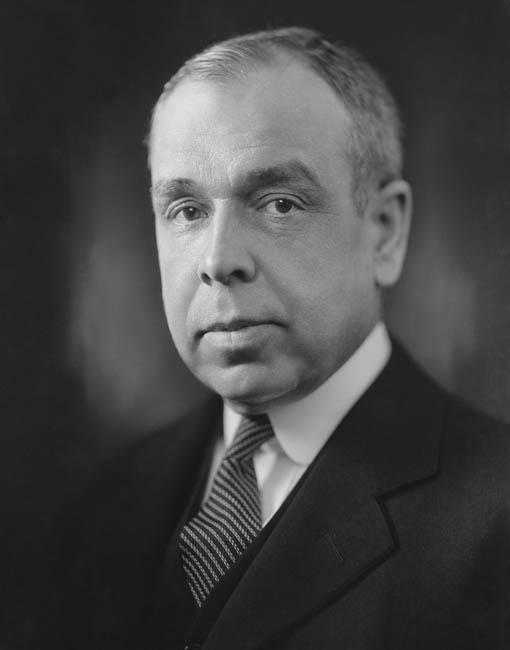
I have yet to read a book by J. Gresham Manchen. But I want to. So many of the theologians and pastors who I admire have mentioned Manchen as one to whom they are indebted. So I have to get to him...eventually.
Here are the first 3 paragraphs of an essay of Manchen's entitled Christianity and Culture:
One of the greatest of the problems that have agitated the Church is the problem of the relation between knowledge and piety, between culture and Christianity. This problem has appeared first of all in the presence of two tendencies in the Church—the scientific or academic tendency, and what may be called the practical tendency. Some men have devoted themselves chiefly to the task of forming right conceptions as to Christianity and its foundations. To them no fact, however trivial, has appeared worthy of neglect; by them truth has been cherished for its own sake, without immediate reference to practical consequences. Some, on the other hand, have emphasized the essential simplicity of the gospel. The world is lying in misery, we ourselves are sinners, men are perishing in sin every day. The gospel is the sole means of escape; let us preach it to the world while yet we may. So desperate is the need that we have no time to engage in vain babblings or old wives’ fables. While we are discussing the exact location of the churches of Galatia, men are perishing under the curse of the law; while we are settling the date of Jesus’ birth, the world is doing without its Christmas message.
The representatives of both of these tendencies regard themselves as Christians, but too often there is little brotherly feeling between them. The Christian of academic tastes accuses his brother of undue emotionalism, of shallow argumentation, of cheap methods of work. On the other hand, your practical man is ever loud in his denunciation of academic indifference to the dire needs of humanity. The scholar is represented either as a dangerous disseminator of doubt, or else as a man whose faith is a faith without works. A man who investigates human sin and the grace of God by the aid of dusty volumes, carefully secluded in a warm and comfortable study, without a thought of the men who are perishing in misery every day!
But if the problem appears thus in the presence of different tendencies in the Church, it becomes yet far more insistent within the consciousness of the individual! If we are thoughtful, we must see that the desire to know and the desire to be saved are widely different. The scholar must apparently assume the attitude of an impartial observer—an attitude which seems absolutely impossible to the pious Christian laying hold upon Jesus as the only Saviour from the load of sin. If these two activities—on the one hand the acquisition of knowledge, and on the other the exercise and inculcation of simple faith—are both to be given a place in our lives, the question of their proper relationship cannot be ignored.
You can read the entire essay here.
No comments:
Post a Comment